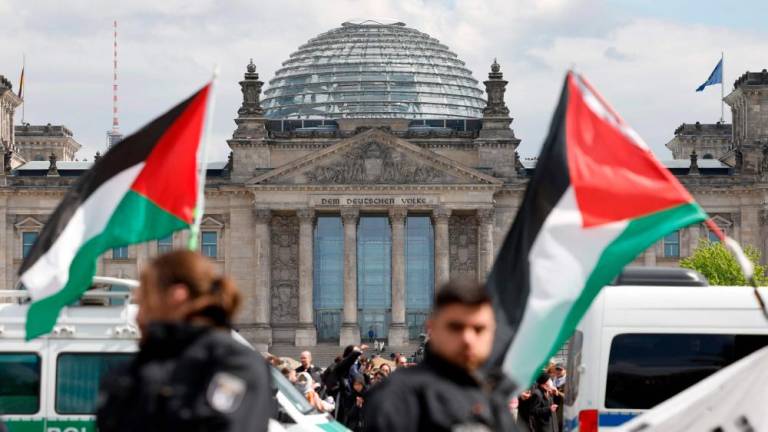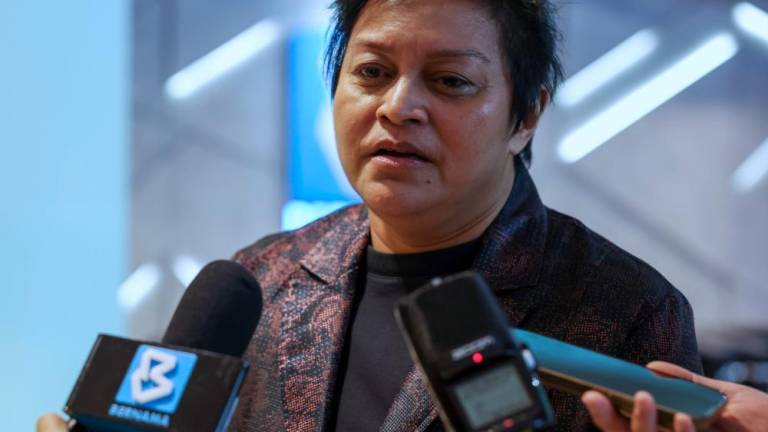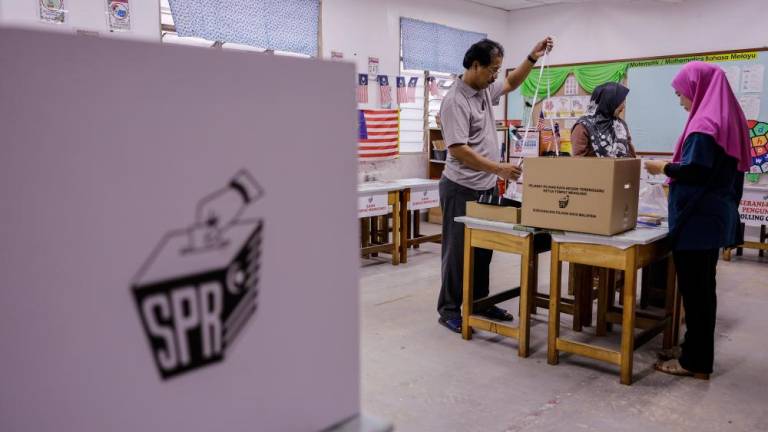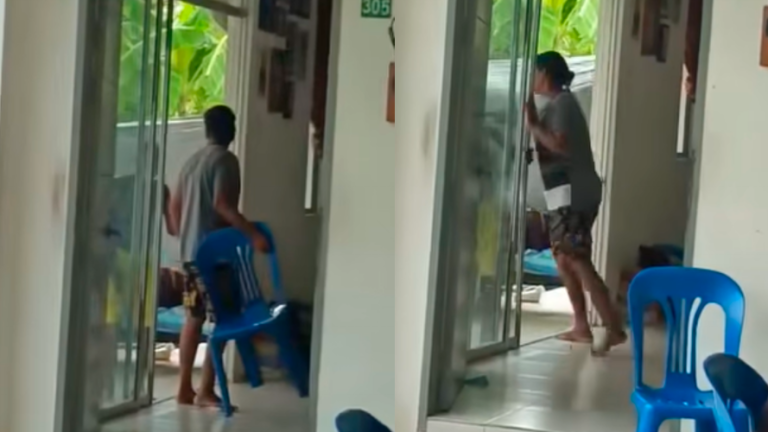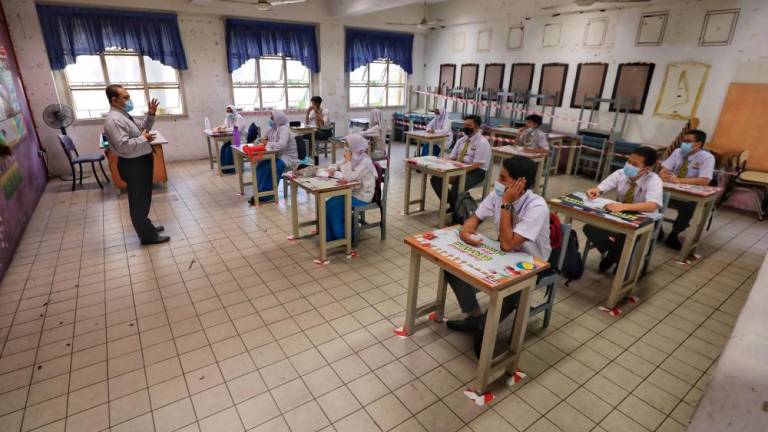OUR Prime Minister Tun Dr Mahathir Mohamad after a fruitful visit to South Korea expressed wonder as to how South Korea has managed to overtake Malaysia in economic growth and reduce its poverty gap when they were behind us in the 1960s.
Now he hopes that the new economic policy – the Shared Prosperity Vision can help overcome our comparative weaknesses of slow growth and increasing income disparity. He expressed his worries that the growing disparity between the rich and poor in Malaysia is race-based.
The New Economic Policy (NEP) was supposed to overcome these weaknesses over the last 50 years since the NEP was introduced in 1970, but we have sadly not fully realised our national aspirations.
Why have we been less successful?
It’s mainly because, in implementing the NEP, we executed our economic growth and anti-poverty policies on mostly race-based considerations. Although we aimed for the eradication of poverty – regardless of race, this vital principle was neglected gradually over time.
Some deep state elements overemphasised race and religion and a manja-manja or subsidy attitude that led to the present dependency syndrome. As our frank prime minister stated in his monthly address to civil servants on Dec 2, that “if they (the poor) were to just rely on monetary aid from the government, they will remain poor”.
But we can’t blame the poor alone. The easy and popular route was adopted to please the poor in the short run, often for political expediency. This unhealthy and debilitating trend was enhanced in the past, especially before national and state elections. So what can we expect?
On the other hand, those who did not benefit much from the NEP policies had to struggle harder to raise their incomes. This led to relatively less income disparities among themselves. And this is what I believe the prime minister is trying to achieve under the SPV for the period 2020-2030, for all Malaysians.
This differential treatment based on race has caused immense strain on national unity in almost all fields of socio-economic activities. Many poor Malays, bumis and of course non-Malays have borne the burden of the unfair allocation of economic and educational opportunities.
Many of the poor of all races and religions have felt being left out and alienated, due to perceived and real practices of unfair discrimination in the award of basic needs like housing, health, land for cultivation, permits, licences, scholarships and promotions in the civil service.
Thus we have lots of unhappiness, and disunity and often racial and religious resentment! That is why we also have the wasteful brain drain that is slowing down our economic growth due to the loss of talent and our reduced capacity to compete internationally.
The SPV must succeed or we will decline.
Nevertheless, despite our weaknesses, we have done reasonably well so far, as thank God, we are blessed with natural resources. But these assets are depleting. We can’t progress much further unless we learn from our mistakes.
So how do we make the SPV succeed?
» First, we must all regard ourselves as Malaysians. The government must recognise that we should help the poor regardless of race and religion. This will strengthen national unity and peace and harmony, which are the fundamental prerequisites for progress.
We don’t have to be so preoccupied with race and religion, but concentrate more on a basic needs approach. All the poor, regardless of race and religion, should feel included and not excluded and deprived and alienated in our beloved country. We should act as one family, where we all should help and advise each other to progress.
The prime minister’s request for civil servants to advise and guide the poor, should be extended to all true Malaysians and not only to civil servants. We all should fulfil our dutiful role in society.
» Second, equal opportunities and even special opportunities should be given to the Bottom 60% of our population, especially in education and other basic needs. Our education system has to be reviewed, revised and refined constantly to cater for the new challenges of the digital age.
If we are slow to provide better educational opportunities especially to the poorest of the poor, then we will not enable them to raise their incomes and improve their welfare – however much, we may want to advise and guide them.
Better quality education will be the key to reducing the poverty gap, as our prime minister would have noticed in South Korea and indeed in all advanced countries.
Hence we need to give greater priority to improving the quality of our education or the SPV will fail to bridge the poverty gap.
Thus, if the government lacks adequate resources, the private sector, as in many advanced countries, should be encouraged to set up endowment funds to harness the wealth of the rich and famous to help narrow the poverty gap. Some tax incentives will go a long way to entice the rich to support education.
» The government of New Malaysia, has to be different and show the difference for all Malaysians and the world to see. The SPV must aim to make Malaysia a model of a united multiracial country that is modern in its policies and practices, and intolerant of racialism, religious bigotry, inefficiencies and mediocrity. We have to strive harder for quality in every sphere or slowly fade away.
Our prime minister is right in that the poor must also help themselves to get out of poverty. But they cannot do much on their own. So we must be more empathetic and ask ourselves, how much more can they help themselves to break the vicious circle of poverty?
Without government providing more facilities, educational opportunities and fair policies to all deserving poor Malaysians, that are based on basic needs and not on race, the noble aspirations behind the SPV, to bridge the poverty gap, will again, like the NEP, sadly fall short of our people’s expectations.
So let’s move forward together as One Malaysia to bridge the poverty gap for the progress of all Malaysians.
Tan Sri Ramon Navaratnam is chairman of the Asli Centre for Public Policy Studies. Comments: letters@thesundaily.com




